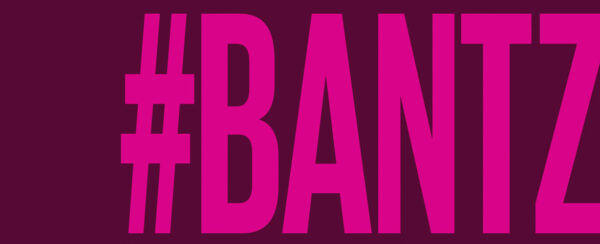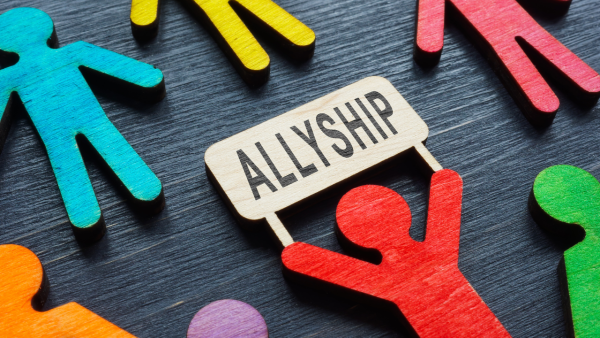Specialist Topics: Let’s talk about……..
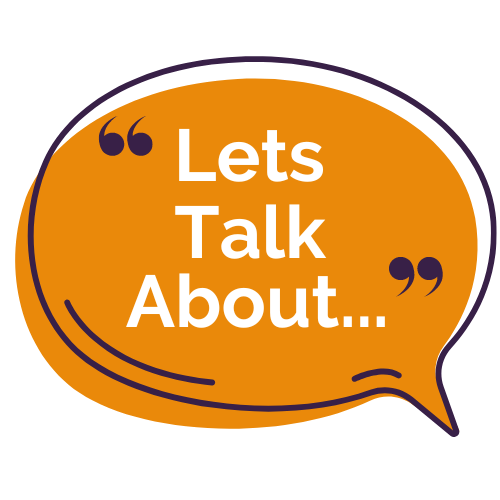
A deep dive into specific subject areas, as requested by our members.
These short information packed talks will arm participants with a deeper understanding of topics that are important to advance the equality agenda,
Each session can be tailored to meet your time requirements and will be delivered by someone with lived experience where possible. There will also be a Q&A session to maximise learning which can be anonymised if needed.
Each session is £315.
If you have any suggestions for topics that you would like to see, just let us know at info@taipawb.org
Let's talk about........
Trans Inclusion and Safety
What is it and why do we need it?
Why does it matter?
Where do I start?
If you find yourself asking any of the questions above about Trans and nonbinary Inclusion then this session is for you.
The session is facilitated by a transgender person to bring valuable lived experience, it is 30 – 60 minutes with a Q&A segment.
Trans and nonbinary inclusion is the act of being aware and supportive of the transgender and nonbinary community within your workplace including colleagues, customers, and stakeholders. This session supports organisations to raise awareness of some the barriers transgender and nonbinary people experience when accessing work, services and what the housing sector can do to support them.
The session will cover:
- Introduction to trans and nonbinary awareness
- Pronouns and beyond – how to show and act on inclusion
- Barriers to engaging with services and how to address them
- What we can do to be truly inclusive, for example:
- Inclusive language and communications
- Challenging transphobia
- Making hiring practices more inclusive
- Building relationships with trans and nonbinary groups
- Empowering staff to be confident when supporting trans and nonbinary people
Microaggressions
“You’re being over sensitive”
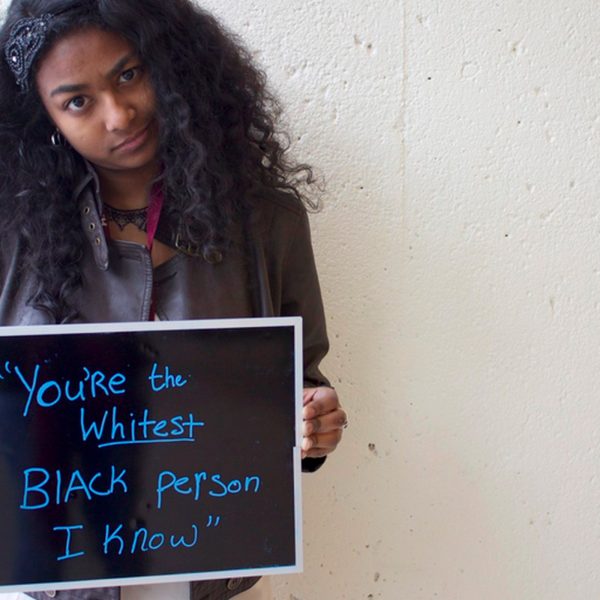
“Wow, you’ve got a master’s degree”
“But where are you really from?”
You may or may not have heard of the term “microaggression” but you’ve probably experienced it in your life whether you realise it or not. A microaggression is a subtle exchange, either verbal or physical that leaves a person feeling uncomfortable, upset or offended, and the person responsible may be unaware that they have caused any offense.
This links directly to dignity at work policies and the Equality Act 2010.
The session will cover:
- Recognising examples of Microaggressions.
- Considering the intentions of Microaggressions.
- Developing an understanding of the discrimination that microaggressions create.
- Reflecting on own practice and behaviour to minimise microaggressions.
This session compliments our Unconscious Bias workshop where we explore the psychology of the mind and our implicit bias.
Workplace Banter: When “banter” is not just banter
Banter is a term widely used in all social and workplace settings and can be fun and connect us, but when does “the playful and friendly exchange of teasing remarks” cross the line into something that may cause offence, be discriminatory or bullying.
To be clear this interactive session does not try to encourage a no banter culture, but is enables a discussion of what constitutes banter and what doesn’t and how it can be dealt with by individual staff when people ‘cross the line’.
Participants will have an opportunity to:
- Discuss what banter is and what is OK and what isn’t
- Discuss a case study of a situation where banter becomes inappropriate and why it is inappropriate and what can be done in those circumstances
- Learn about some legal cases
- Plan a way forward for the organisation
 Intersectionality
Intersectionality
Intersectionality, n.
The interconnected nature of social categorizations such as race, class, and gender, regarded as creating overlapping and interdependent systems of discrimination or disadvantage; a theoretical approach based on such a premise. (Oxford Dictionary)
The Equality Act 2010 (which protects people against discrimination in the UK) has nine protected characteristics, these are treated like discrete identities – as though they never overlap when discrimination occurs.
Intersectionality recognises that a person may have a variety of identities and as such the number of discriminations and disadvantages can be complex, for example, a white woman with a disability may experience sexism and ableism and a woman of colour with a disability may experience sexism, ableism and racism and to add more complexity the woman of colour with a disability will experience sexism and ableism in a different way to her white counterpart.
Understanding this concept raises awareness of how discrimination affects every differently, it will encourage individuals and organisations to examine their data and services in a different way to start dismantling the disadvantage some individuals or groups of people may experience, and thus create better cultures of support and inclusivity.
“If we aren’t intersectional, some of us, the most vulnerable, are going to fall through the cracks.”
Kimberlé Williams Crenshaw
The session will cover:
- What is intersectionality?
- Intersectional approaches to equality data
- Understand why organisations need an intersectional approach to discrimination.
- The benefits of an intersectional organisation.
- Moving an organisation to action
For more information or to book this session email info@taipawb.org
Resources:
Kimberlé Crenshaw (1989) “Demarginalizing The Intersection Of Race And Sex: A Black Feminist Critique Of Antidiscrimination Doctrine, Feminist Theory And Antiracist Politics.”
Allyship
Allyship:
“The condition of being actively supportive, especially to people and groups that suffer discrimination” (Macmillan Dictionary)
We hear a lot about the importance of Allyship but do we really understand what that means for us as individuals and in the workplace?
Allyship is central to creating inclusive cultures and where discrimination and disadvantage is challenged and tackled.
This session compliments our equality and unconscious bias training sessions to explore how everyone has a part to play in inclusivity, simply, saying and doing nothing does not move the agenda forward.
By supporting marginalised individuals’ and groups, allyship can improve engagement and productivity and foster a culture of better understanding and awareness and the desire to do more.
The session will cover:
- What is allyship?
- What gets in the way of being allies?
- What individuals can do?
- What organisations can do?
- Moving an organisation to action
For more information or to book this session email info@taipawb.org
The Power and Impact of Language
 Speaking, writing, and reading are integral to everyday life, where language is the primary tool for expression and communication. Understanding language can help us better understand ourselves and why we behave the way we do. Furthermore, language becomes more powerful when understood by the wider community.
Speaking, writing, and reading are integral to everyday life, where language is the primary tool for expression and communication. Understanding language can help us better understand ourselves and why we behave the way we do. Furthermore, language becomes more powerful when understood by the wider community.
This Lets Talk session will:
- Identify the importance of Language.
- Consider the effects of language on customers, colleagues, and partners.
- Analyse the PC debate
- Recognise the use of labels e.g.,” BAME” on the Community.
- Have a better understanding of why certain words or phrases can cause offence.
For more information or to book this session email info@taipawb.org
LGBTQIA History
This is a snapshot of our half day course which raises awareness of the issues faced by lesbian, gay, bisexual, trans, queer, intersex, asexual, pansexual and people of other sexualities (LGBTQ+) in housing and wider society both in the past and today.
The course will create greater awareness of the history of LGBTQ+ movement and legislation up to the present day and equip participants to recognise and challenge exclusion and
discrimination.
Aims and Outcomes
- Provide an understanding of LGBTQ+ terminology
- Allow participants to recognise anti LGBTQ+ prejudice both
past and present and understand its effect on people - Allow participants to understand how equality, diversity
and inclusion makes for better organisations
Who should attend?
Anyone! This is designed to be an awareness session for everyone to learn how to support yourself and others. Perfect for a staff briefing or equality group to get people talking.
For more information on booking this course please email info@taipawb.org
For more information on our half day course click here
Challenging Discrimination
Have you ever overheard something you know was wrong but were unsure how to challenge it?
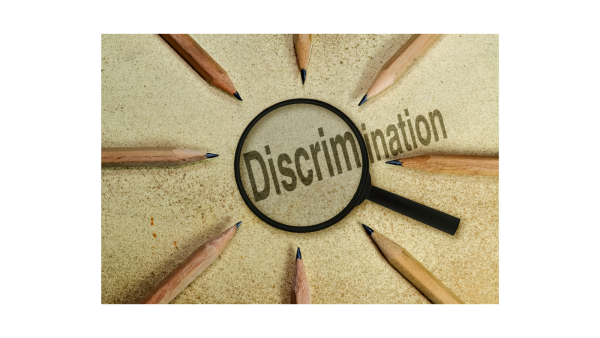
This Lets Talk session will:
Give participants an understanding of how to challenge in a constructive way and give them the confidence to start challenging behaviour and language they disagree with.
Participants will have an opportunity to:
-
Consider what situations they do wish to challenge in and which situations they don’t
-
Discuss case studies of situations where people might be challenged and what to do in those situations
-
Discuss what the consequences of challenging might be and what the consequences of not challenging might be
-
Learn how to challenge in a constructive way
-
Take forward practical steps for the workplace and beyond
For more information or to book this session email info@taipawb.org
Menopause in the Workplace
We have two sessions on offer, just choose which suits you best:
Menopause Awareness 20 minute Session
An inclusive session aimed at all employees not just women to raise awareness and is designed for all woman at all stages. It simply explains what menopause is, what to expect, why we experience symptoms and what to do about it.
There will be care handouts and recipes shared as part of the session and a 15 minute Q&A at the end so come armed with your questions.
This session will cover:
- The difference between menopause and perimenopause
- The 36 symptoms of menopause (what women may be experiencing at work)
- Our normal cycle vs. what happens in menopause
- Why women experience so many challenging symptoms
- Top tips for women to start supporting themselves
- 15 minute Q&A
Who should attend?
Anyone! This is designed to be an awareness session for everyone to learn how to support yourself and others. Perfect for a staff briefing or equality group to get people talking.
Introduction to Menopause 20 minute Session
This covers all the aims of the awareness session above but this is a tailored session just for women to raise awareness and is designed for all woman at all stages.
It simply explains what menopause is, what to expect, why we experience symptoms and what to do about it.
There will be care handouts and recipes shared as part of the session and a 15 minute Q&A at the end so come armed with your questions.
Who should attend?
Any women in your organisation! Perfect to support women to talk openly without any fear of embarrassment.
About the facilitator: Joanne Crovini
 Joanne is a Nutritional Therapist who has over a decade of experience working with individuals and organisations to support energy, mental health and resilience. She believes in simple and practical changes that have a big impact on how you feel and is full of tips and ideas for how you can incorporate these changes.
Joanne is a Nutritional Therapist who has over a decade of experience working with individuals and organisations to support energy, mental health and resilience. She believes in simple and practical changes that have a big impact on how you feel and is full of tips and ideas for how you can incorporate these changes.
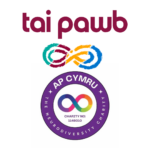
Neurodiversity awareness training in partnership with Ap Cymru
NeuroInclusion 1.0: An Introduction
A 60 min Introduction to Neurodiversity session.
Delegates will learn key terminology and identify common myths that need to be dispelled.
By the end of this 60-minute session, delegates will be able to:
- Define Key Terminology: Understand and explain terms such as neurodiversity, neurodivergent, and neurotypical, as well as identify some common neurodivergent profiles e.g., autism, ADHD, dyslexia
- Recognise and Dispel Myths: Identify and challenge common myths about neurodiversity, supporting an accurate understanding of neurodivergent experiences.
- Appreciate the Strengths of Neurodivergent Individuals: Recognise the unique strengths and contributions that neurodivergent individuals can bring to various environments, including the workplace.
- Understand Challenges and Barriers: Acknowledge the potential challenges and barriers neurodivergent individuals may encounter and consider their impact on inclusion and equity.
How to book a course
If you would like to book a training session or want further information please contact info@taipawb.org or call 029 21 057957.
How to book a course
If you would like to book a training session or want further information please contact info@taipawb.org or call 029 21 057957.
Feedback on our training courses:
“The Equality training Tai Pawb provided was really helpful. The staff and tenants who took part now understand what Equality monitoring involves and why it is so important. The training was delivered in a format that was easy to understand and engaging. It has made staff more aware of the protected characteristics and how our services can be delivered in a way that is fair and non-discriminatory.” – Hafod Housing Association
